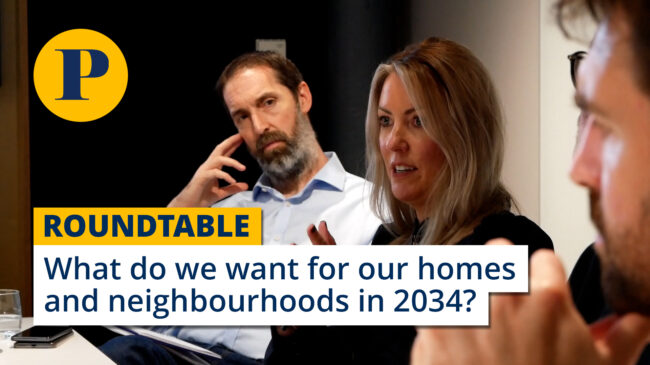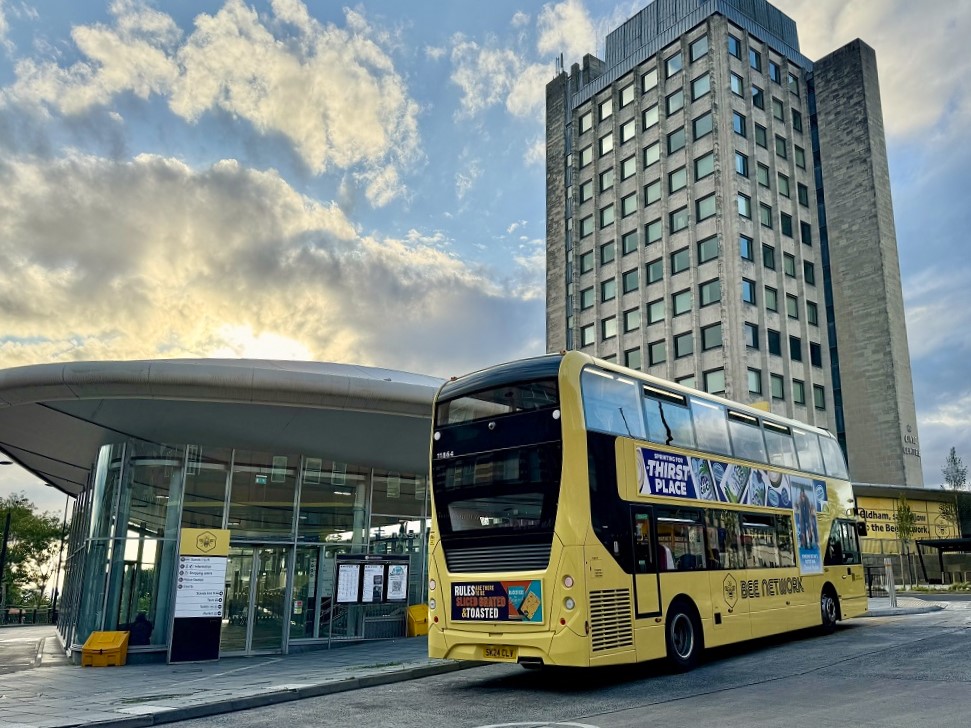Commentary
COMMENT | Positioning cities for inclusive growth
The question of how we will use our buildings and the spaces around them as we return to our cities and towns is probably the most significant that the property sector will need to address in planning future development, writes Suzanne Benson of Trowers & Hamlins.
Inevitably, there will be many challenges to work through but there is also a sense of opportunity – we have all had to learn new skills and adapt. Some of those changes will inform the way we live, socialise, shop and work in the long term.
Over the past 18 months, we have facilitated discussions with experts in the built environment as well as local leaders to discuss the challenges and opportunities faced by our cities. To support this, we commissioned a YouGov survey looking into perceptions of prosperity in Birmingham, Exeter, London, and Manchester in October 2019. We re-ran this survey in September 2020 to capture the impact of the pandemic and some of you will have heard me run through some of the initial results at the Place RESI conference in November.
Since then, we have carried out further analysis and discussion to look at the national picture. This initiative has not only allowed us to compare and contrast similar themes across the four UK cities and their regions, but also provided us with the important reminder that our cities are unique.
Manchester is often described as a ‘city of towns’. One of the significant challenges now is where we focus future investment and whether it should be within the city centre – as it largely has been – or if a greater proportion of investment needs to go into the surrounding towns.
Policy to date has largely focused on the city centre to regenerate Manchester as a whole, and to encourage people to live, work and socialise in the city. This has proven successful, generating a strong international brand for the city and local leaders are understandably now focused on bringing people back into the centre to stimulate the economy. At the same time, many of the surrounding Greater Manchester towns have used the last 12 months to progress their town centre plans ready to take advantage of the promised levelling up agenda.
These challenges are likely to lead to a degree of tension between a focus on breathing life back into the city centre and the longer-term challenges that leaders throughout Greater Manchester have been seeking to tackle through some form of spatial framework. With the anticipated transition to increased levels of agile working in the longer term, there may be a good argument for a shift in focus to greater and more inclusive growth in the conurbations of Greater Manchester. Ideally, however, there will be space for both.
Manchester and the North West have a long history of promoting arts and culture. The support of key events, including the Manchester International Festival, has helped to support the growth of the city’s international brand. The challenge now is how we sustain and support these events in building back a brighter future. It was encouraging to see that in responding to our more recent YouGov survey, people identified arts and culture as one of the most important factors in moving forward – signifying just how much people have missed coming together for joint experiences. This emphasis should give confidence to the arts and hospitality sectors, that they are seen as having a pivotal role in our recovery.
As things start to open back up again, a light will shine on those big iconic retail buildings and how we might use them going forward – high-profile insolvencies such as Debenhams and Topshop will create gaps and a number of larger retailers have already announced their intention to close key branches. There will be a significant number of large retail buildings that we will need to do something with in a way that is flexible and progressive. The challenge will be to identify uses that respond to the needs of the community as well as to changing lifestyles and habits.
Arguably the most significant issue we all need to address is the city’s contribution in responding to the global climate crisis and move towards reaching net zero carbon. The YouGov survey points to a degree of positivity around the fact that Manchester will become more environmentally sustainable in the future than it is today, but it will need to set itself some ambitious targets to get there at the pace required.
To see the data for Manchester and the North West as well as some of the themes that emerged from our discussions, download our report here.
- Suzanne Benson is head of the Manchester office at Trowers & Hamlins





